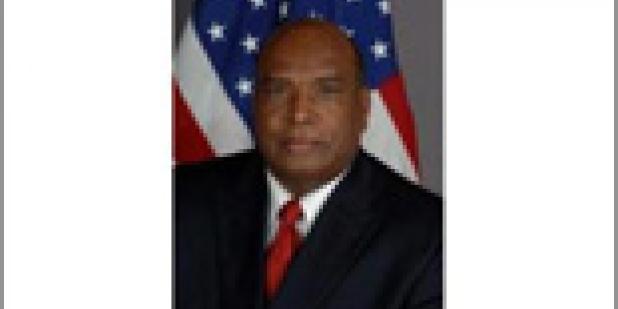Join us for a free one-day workshop for educators at the Japanese American National Museum, hosted by the USC U.S.-China Institute and the National Consortium for Teaching about Asia. This workshop will include a guided tour of the beloved exhibition Common Ground: The Heart of Community, slated to close permanently in January 2025. Following the tour, learn strategies for engaging students in the primary source artifacts, images, and documents found in JANM’s vast collection and discover classroom-ready resources to support teaching and learning about the Japanese American experience.
The Changing Roles of U.S., Australia, China and India in the South Pacific
Breakfast with The Honorable C. Steven McGann
U.S. Ambassador to Fiji, Kiribati, Nauru, Tonga and Tuvalu
Where

Fiji is expanding its ties with the new Asian superpowers, China and India, says the country’s self-appointed Prime Minister, Frank Bainimarama. The Prime Minister says that he is prepared to modify Fiji's traditional ties with Australia, New Zealand, and the United States in exchange for more aid and trade opportunities, particularly from Beijing.
China’s emerging role in the South Pacific will have implications for America’s Pacific policy, and there are debates whether the US should step up its diplomatic efforts in the South Pacific region.
Ambassador C. Steven McGann will give an overview of the US Pacific policy. He will also discuss US relations with Australia, New Zealand, and other Pacific island countries, as well as key issues such as climate change.
Ambassador McGann is a career Senior Foreign Service officer, rank of Minister- Counselor (FE-MC), recently serving as the Director of the Office for Australian, New Zealand and Pacific Island Affairs in the Bureau for East Asian and Pacific Affairs.
He also was a Senior Adviser in the Bureau of East Asian and Pacific Affairs serving as the maritime security coordinator and expert on North Korean human rights and refugee issues. He was the South Asia Bureau Deputy Director for Pakistan, Afghanistan and Bangladesh (2000-02) and helped craft polices to restore democracy in Afghanistan.
Ambassador McGann's overseas posts have included Taiwan, Zaire, South Africa, Australia, and Kenya.
Oct 5, 2010 | 8:30am to 10:00am
Please note: RSVPs are required by 12 pm on October 4.
Featured Articles
Please join us for the Grad Mixer! Hosted by USC Annenberg Office of International Affairs, Enjoy food, drink and conversation with fellow students across USC Annenberg. Graduate students from any field are welcome to join, so it is a great opportunity to meet fellow students with IR/foreign policy-related research topics and interests.
RSVP link: https://forms.gle/1zer188RE9dCS6Ho6
Events
Hosted by USC Annenberg Office of International Affairs, enjoy food, drink and conversation with fellow international students.
Join us for an in-person conversation on Thursday, November 7th at 4pm with author David M. Lampton as he discusses his new book, Living U.S.-China Relations: From Cold War to Cold War. The book examines the history of U.S.-China relations across eight U.S. presidential administrations.




